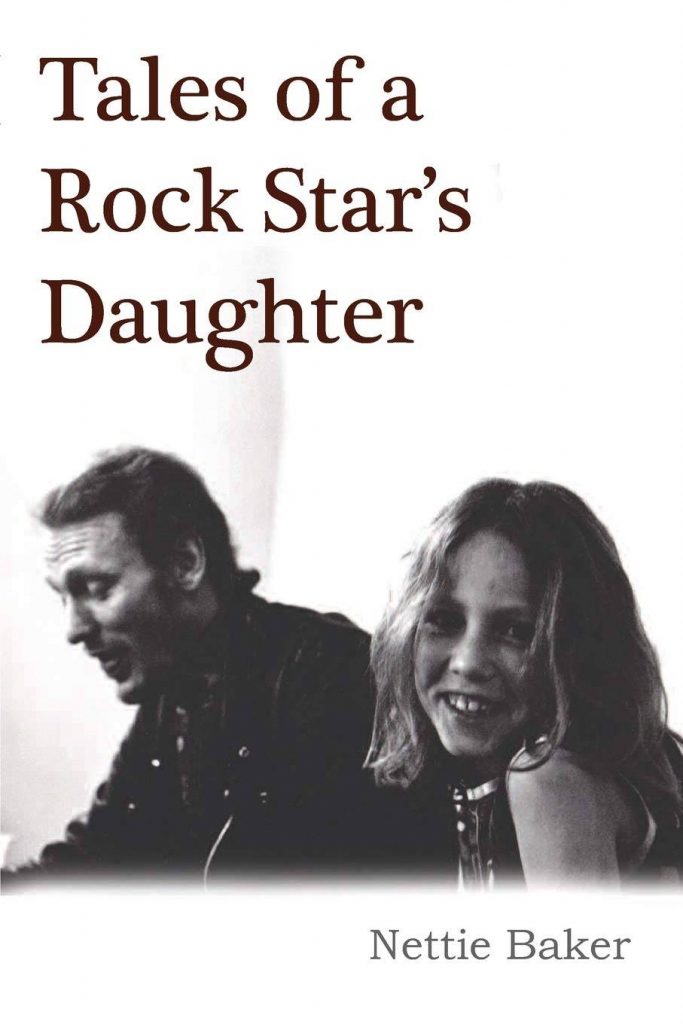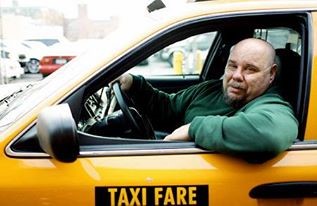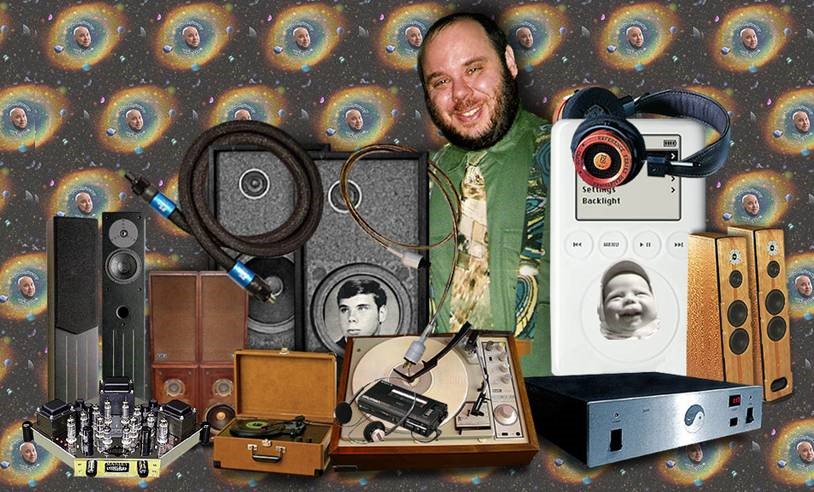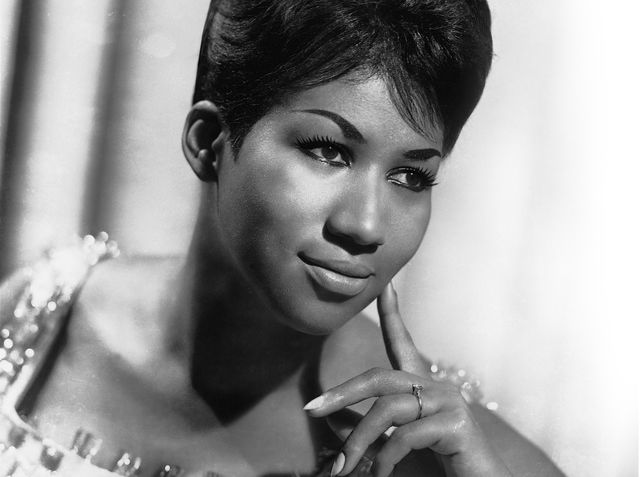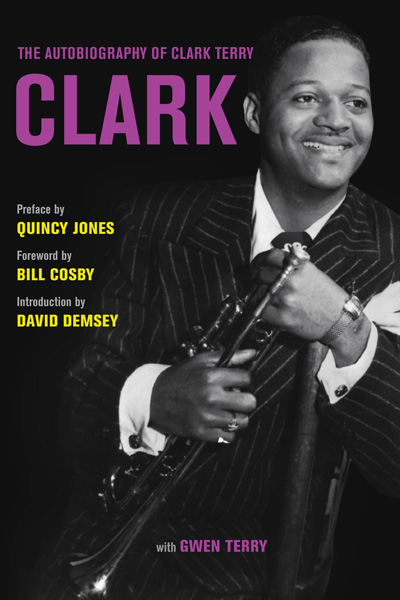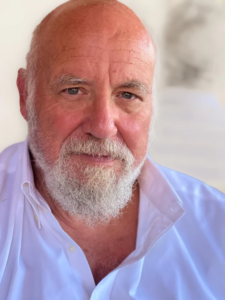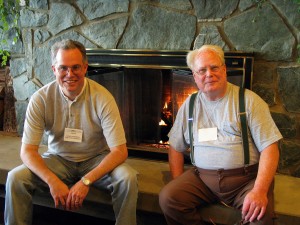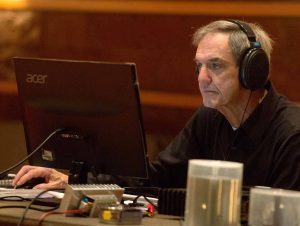As for New York…eh, don't ask. The musical presentation and collective chemistry was simply overwhelming to me, and Ginger's variations on "Toad" from the closing night were really inspiring, particularly during one extended passage when I heard him very clearly channel the spirit and language of Max Roach (who was then in failing health and confined to a nursing home). But speaking with him later on the phone, Ginger indicated that "Mister Hyde had made an appearance," by which I took him to mean that Jack Bruce's ego had run askance of Mister Baker, and things were not quite as pristine and tension-free as they had been in London. When, to keep my brother happy, we ventured backstage post-concert, something I have never been particularly keen about, there was champagne, and there were celebrities (Sheryl Crow comes to mind). But no Ginger, no Jack, no Eric; then, at one point, when E-Street Band and Sopranos alumnus Steven Van Zandt quipped that, "Hey, they don't talk with each other, why should they talk with us," I took that as my cue to exit, stage right.
Ironically, at around the time Jay Bulger's documentary, Beware of Mr. Baker, began making the rounds (and in many ways presenting a skewed, darkly distorted vision of the elder musician as naught but a misanthropic crankster, while perpetuating the wild man, greatest rock and roll drummer narrative and willfully overlooking the musical and spiritual significance of Baker's jazz accomplishments), Ginger's situation in South Africa became untenable, even as his health began to fail him. Why? Don't ask.
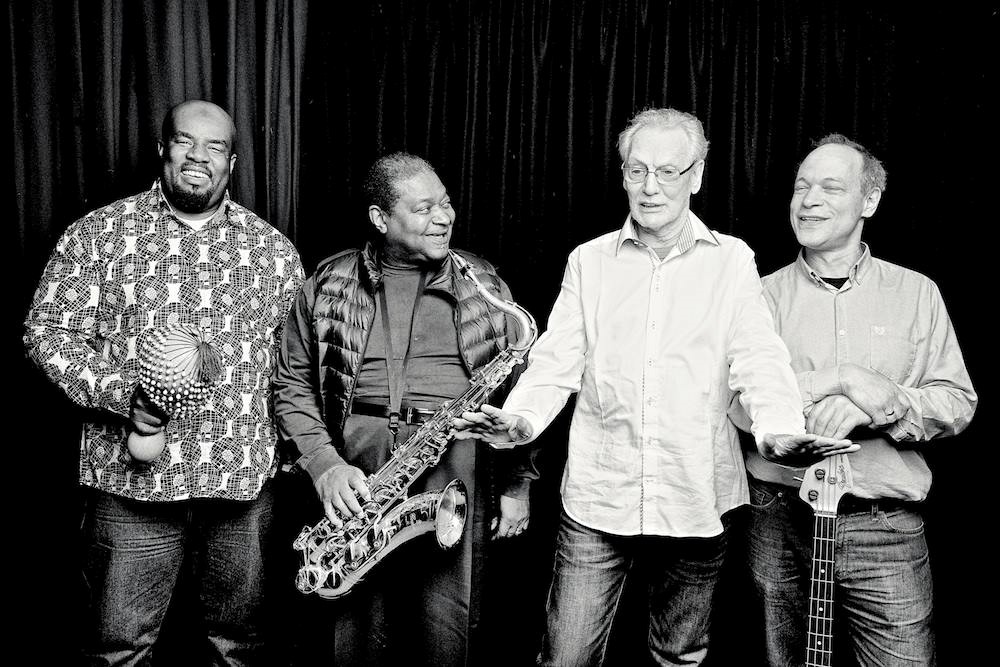
Ginger Baker's Jazz Confusion. Courtesy of Motema Music (Photos by Alexis Maryon)
Relocating back to England, having burned through all of the money he made off of the Cream reunion, and thus needing to work, the drummer formed Ginger Baker's Jazz Confusion in 2012, which based on the evidence of their exceptionally well-recorded 2014 Motema release, Why, and a number of live gigs I got to hear in New York City at the Iridium and B. B. King's, was an especially compelling ensemble, with their rootsy repertoire of originals, traditional African folk songs and jazz standards
Jazz Confusion teamed Ginger with the jazz/funk tenor saxophone master Pee Wee Ellis (a composer/arranger of James Brown and Van Morrison renown), bass virtuoso Alec Dankworth (son of jazz singer Cleo Laine and the acclaimed British big band leader and alto player, Johnny Dankworth), and the percussionist Abass Dodoo (scion of an acclaimed family of Ghanian drummers, dancers and healers), who provided yeoman support and a shoulder to lean on for the aged Baker, who had long embraced African drumming, going back to his collaborations and encounters with the likes of the legendary Guy Warren (a.k.a. Kofi Ghanaba, with whom Ginger recorded "Blood Brothers 69" on his 1972 release Stratavarious, which also expanded upon the drummer's creative collaborations with Afro-Beat pathfinder, Fela Ransome-Kuti and later in the decade, with Fela's trap set drummer, Tony Allen).
Referencing as it did, Ginger's abiding love for modern jazz, blues, and African rhythms, Why offered a compelling portrait of a master drummer in the winter of his years—the wisdom of his artistry superseding any limitations that age and a host of debilitating ailments may have imposed on him.
However, in the interests of full disclosure, on a personal note, knowing what Ginger was going through, at times it was difficult to bear witness. During one engagement at the Iridium, Ginger was so gassed and short of breath, he literally had to take a break in mid-stream to get through the entire set.
When I saw him backstage, with yet another set remaining, he was simply so fatigued, I despaired for my friend. Not wanting to linger too long, or go off on one of my infernal verbal rambles, which invariably tried and wore Ginger's patience, while drawing favorable comparisons to Graham Bond ("…you're both afflicted with verbal diarrhea…you must learn to parse, parse Chip.")
As an ice-breaker, seeing as how I'm usually good for the odd cigarette every five years or so, I figured now was the time, in the spirit of camaraderie.
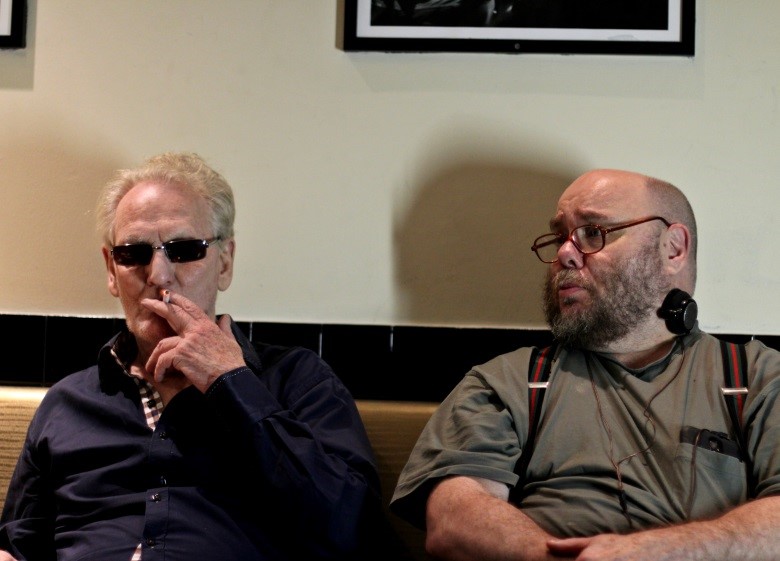
"Ginger, can I have a cigarette?"
"No!" he barked reflexively. And then, of course, bite relative to bark, he gave me a fucking cigarette. It was obvious his tank was on empty, but I asked after him anyway, as to how much of the American tour remained: too damn much…some healthy jaunts out to Chicago and the Left Coast before heading home.
Finally, there was just no tip-toeing around it. "You know, man, you're my brother, and I love you; I've seen you pick your ass up off the canvas, and come back from all kinds of desperate shit, time and time again. But this is…I mean, this is just wrong. It really hurts me to see you have to scuffle like this."
His torso seemed to align itself with magnetic south, and he leaned forward, head in hands, a posture of, oh, if not despair, then a kissing cousin thereof. "I should be retired, Chip," he sighed softly, and then was silent. I wasn't doing him any favors lingering any longer. The man had another show to get through, and needed to chill. I bent over, kissed him on his forehead, and quietly hit the road.
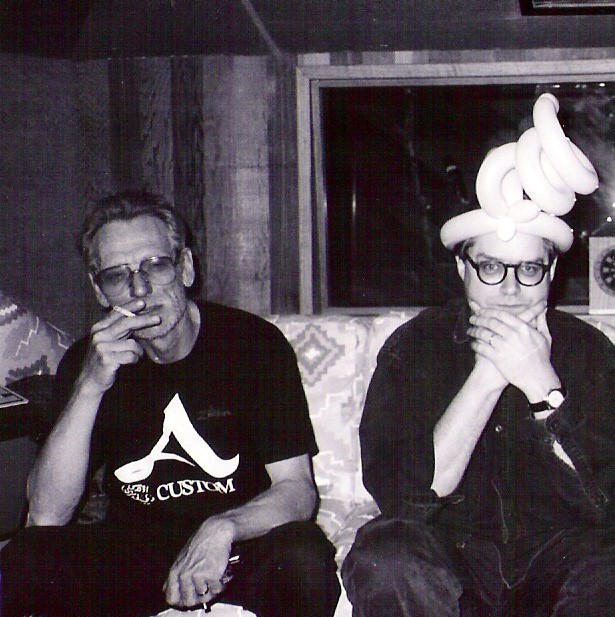
Ginger & Bill In Repose [Ocean Way, 1994]. Another Fine Mess Averted? Photo by Chip Stern
But you know what? How might Oliver Hardy have referred to it: "Another fine mess?"
Be that as it may, and never you mind all of the people who sniffed about how gruff he was, and all of the interviewers he terrified…get over it people—nobody lies about PAIN. Yet despite that, hell, maybe because of it, fuck me if Ginger didn't get up off of the canvas yet again and continued working regularly with Jazz Confusion. And not just out of necessity, mind you, but out of love. I mean, after that harrowing experience in his dressing room, I was flabbergasted by what a splendid album Why turned out to be some two years later; audiophile sonics, and a warm collective spirit that bespoke what a lovely bond Ginger enjoyed with his band.
And I do mean…enjoyed. His money? Gone. His horses? Gone. His cigarettes and joints? Verboten. In a King Lear-like coda to the cascade of consequences he seemingly brought home to roost. Ginger had nothing left but his music, and as such, in abiding there, he enjoyed a curious state of grace in his final furlongs. I mean, no longer defined by other pursuits, music pursued him anew, and even as the sand dial ran out, an American tour with a re-purposed new edition of Ginger Baker's Airforce was on tap, when he was diagnosed with a congenital heart condition, and while he subsequently gutted out the odd gigs, he could no longer bear the strain of touring.
Still, in looking back upon those intervening years, over the course of a series of live gigs at clubs and festivals throughout Europe, the United Kingdom and the United States, audiences responded so enthusiastically to Ginger Baker's spiritual resolve and tenacity, that he was re-purposed anew, as in his youth, on focusing all of his insights and experience, not upon his blue condition, but in service of his calling… to the jazz music for whom he was a rhythmic channel, and which defines his true legacy.
Time was once again his master.
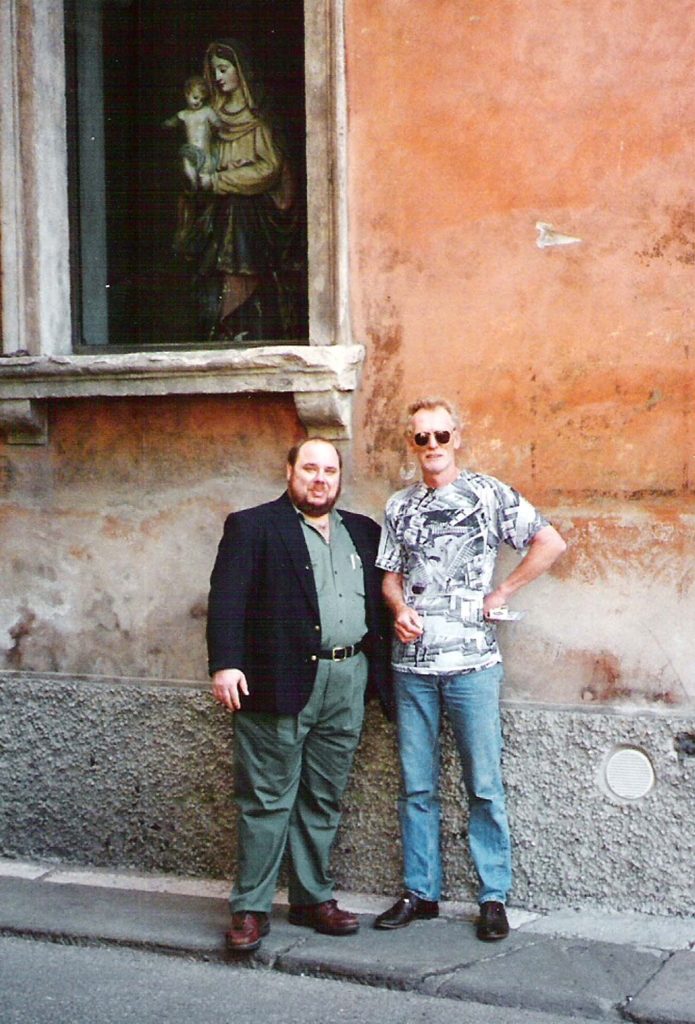
Chip Stern & Ginger Baker - Verona [1995]
"I sometimes wonder if God is not keeping me alive and in such constant pain to punish me for my wicked ways," Ginger wrote resignedly to me in one of his terse, intermittent e-mail outreaches, though at irregular intervals, you could sense his mood softening by degrees. "You see, Chip, the thing is, while I no longer have the endurance or the velocity I could bring to bear on the music in my prime, in every other way I'm actually playing better than I ever have.
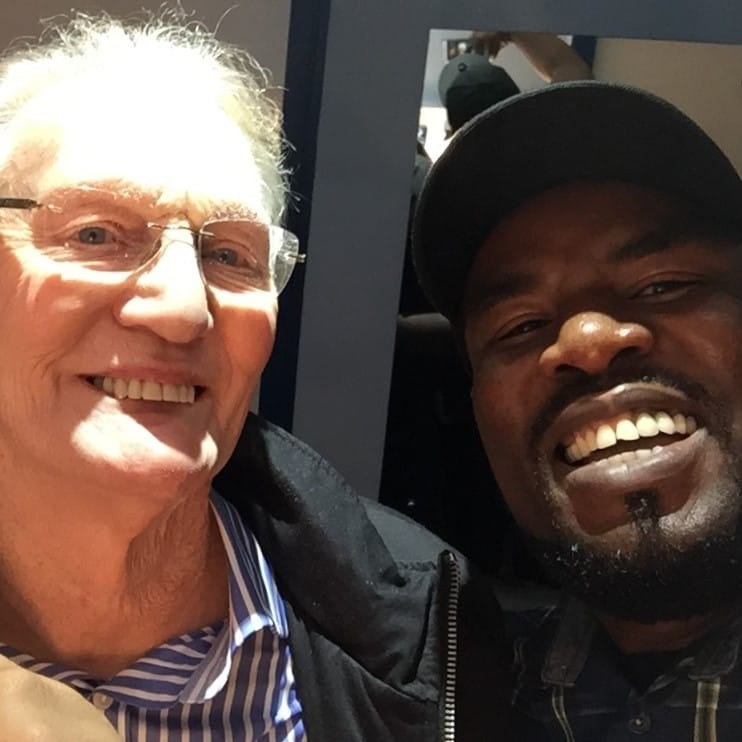
Ginger & Abass - Blood Brothers. Selfie Courtesy Of Abbas Dodoo, by permission from Ginger's manager, Ina Dittke
Alec and Abass and Pee Wee are such marvelous players, and so sensitive to the ensemble sound, that because we don't feature a chordal instrument, it compels me to make every stroke I play mean that much more. And what's really rewarding, is that no matter how awful I may feel, once I sit down behind the drum kit and begin to perform with my band-mates, all of that pain is swept away by the joy I feel in playing the drums once more."
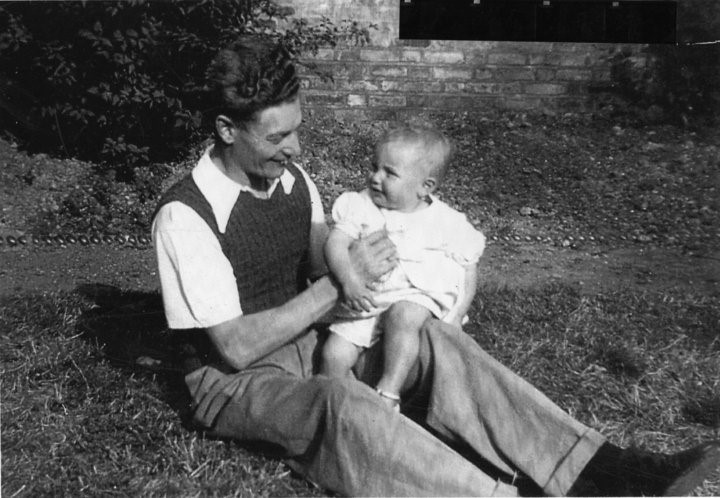
Peter Edward Baker & His Father, Frederick Louvain Formidable Baker
Photo courtesy of Nettie Baker, who told the story of her life with her father in her book:
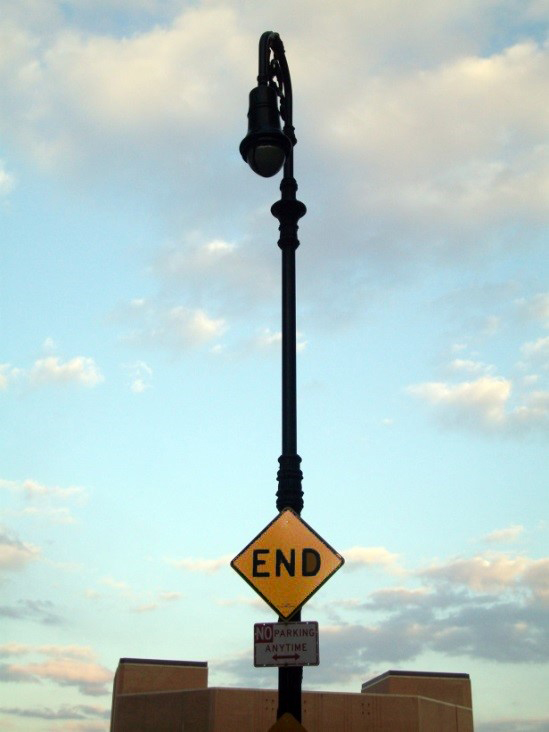
Photo by Chip Stern
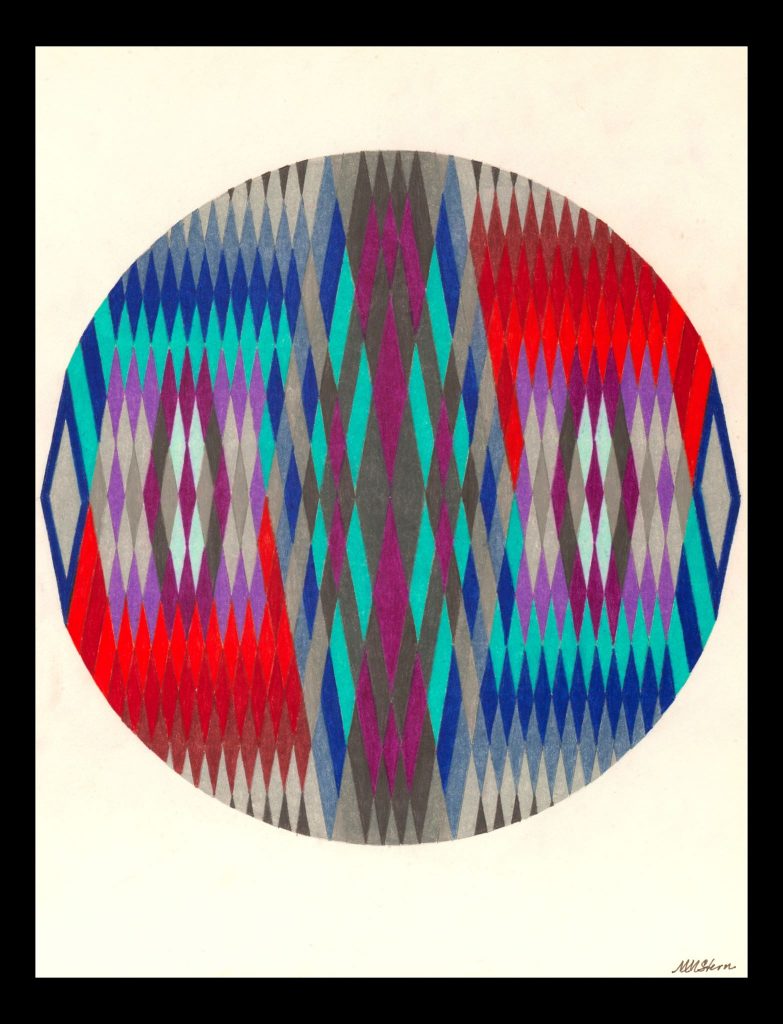
Mandala, by Mary Morgan Stern...on to a new beginning...




